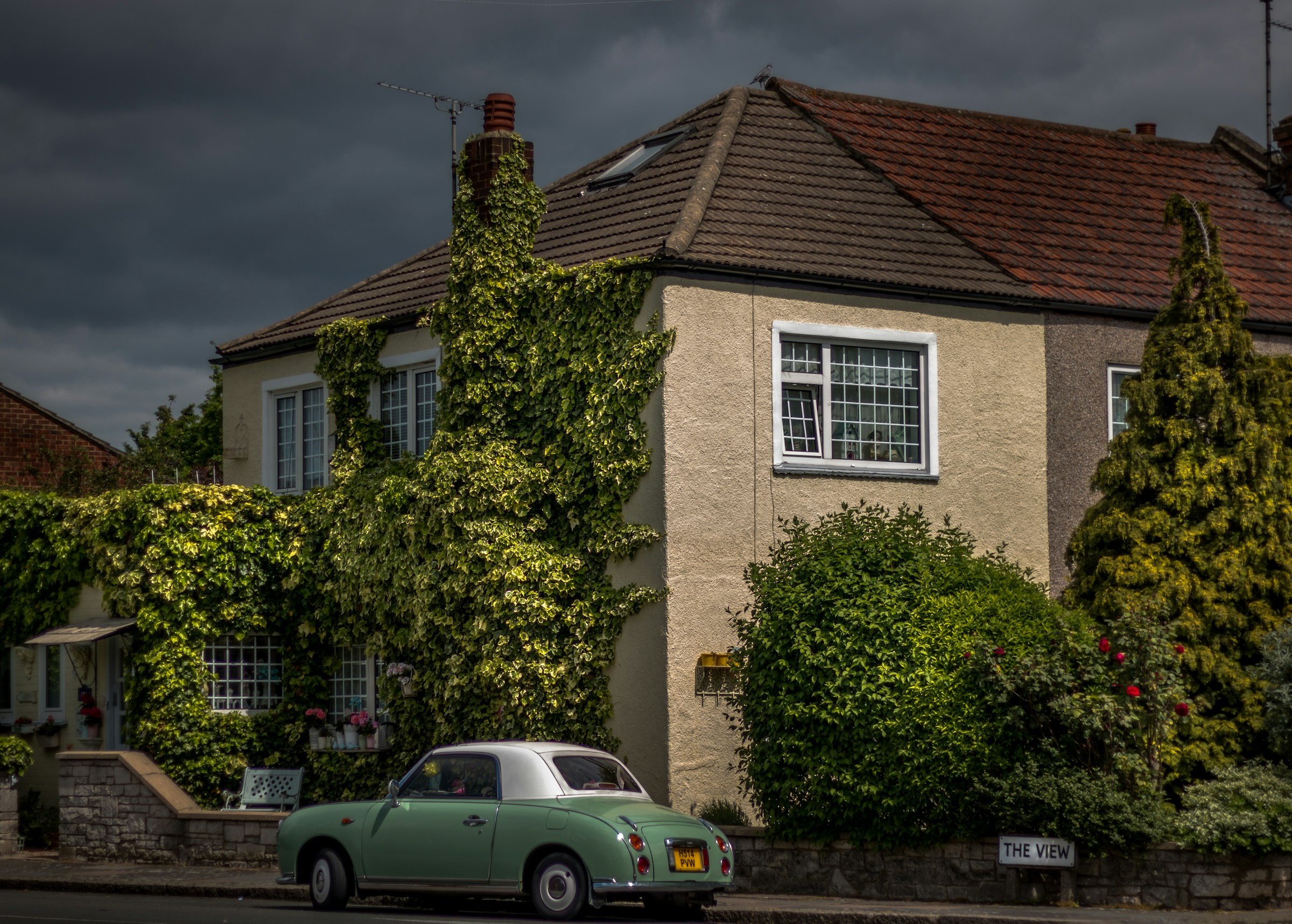As the potential buyers of a property, you should be well-aware of the nature of the property that you are buying. Be it freehold or leasehold, each type holds different implications with regards to rights, responsibilities and even financial risks. Now, if you are considering buying a property with a short lease in London, you have to be extra cautious. This article aims to provide you with clear, actionable advice about the potential financial risks associated with short-lease properties, what the process of lease extension is like, and how these factors can affect the mortgage and overall financial planning.
Unpacking the Terms: Leasehold, Freehold, and Short Lease
Before we delve into the complexities of buying a short lease property, it is essential to understand some key terminologies. A property is termed as a leasehold when you own the property, usually a flat, but not the land on which it stands. In this case, you have a lease with the landlord, or the freeholder, which gives you the right to reside in the property for a set term, typically spanning multiple years, even centuries.
En parallèle : How do transport developments affect property values in Leeds?
On the other hand, a freehold property is where you own the property and the land it sits on. Here, there isn’t any remaining term of lease to be concerned about. But with a leasehold property, especially one with a short lease, things get a bit tricky. A short lease typically refers to a lease with less than 80 years remaining. Now, why does this matter? Let’s explore the financial risks associated with short lease properties.
Financial Risks of Buying a Short Lease Property
Buying a property with a short lease might seem alluring, especially considering the lower upfront costs. However, the financial risk associated with such a property can be significant.
A lire également : What are the key factors in choosing a safe and family-friendly neighborhood in Edinburgh?
One of the main financial risks is the potential for the property’s value to depreciate as the lease term gets shorter. This is because the property will revert back to the freeholder once the lease period ends, and shorter leases are less attractive to potential buyers.
Another financial risk is the cost of extending the lease. The shorter the lease, the more expensive the extension process is likely to be. Under the Leasehold Reform, Housing and Urban Development Act 1993, leaseholders have a legal right to extend their lease by 90 years, but this comes at a price, a price which can be steep if the lease is short.
Lastly, securing a mortgage for a short lease property can be challenging. Many lenders hesitate to offer mortgages on properties with less than 70 years remaining on the lease. Even if you manage to secure a mortgage, the terms might not be as favourable, and the interest rates might be higher.
Process of Lease Extension: What to Expect
Knowing that the lease extension can be an expensive affair, especially for short leases, understanding the process can help you navigate this complex terrain. The process typically involves serving a Section 42 notice to the freeholder, stating your intention to extend the lease.
The freeholder can either accept the proposed price for extension, or serve a counter-notice with their proposed price. This can often lead to negotiations and in some cases, a tribunal, where the price will be determined. It’s important to note that this process can be lengthy, costly and requires legal and valuation advice.
Buying a Short Lease Property: Considerations and Advice
When considering a short lease property, it is vital to factor in these financial risks and potential complexities. Here’s some advice to help you make an informed decision:
-
Seek professional advice: Consulting professionals such as solicitors and chartered surveyors who are experienced in dealing with lease extensions can give you valuable insights.
-
Negotiate the lease extension before buying: If possible, negotiate with the current leaseholder to extend the lease before you purchase the property. This way, you will know the exact cost of extension, which can be incorporated in your financial planning.
-
Be prepared for the potential costs of a lease extension: If the leaseholder has not extended the lease before selling, you have to bear the costs. Ensure you have a financial buffer to accommodate this.
-
Consider the potential difficulty in securing a mortgage: You may face challenges in getting a mortgage for properties with short leases. Keep this in mind while arranging for finances.
-
Be aware of the property’s depreciation: Remember, the shorter the lease, the quicker the property’s value may depreciate. Hence, a short lease property may not be a sound investment if you want to resell in the future.
Buying a property is a significant financial decision. If you’re considering a property with a short lease, it is crucial to understand the potential financial risks and to take advice from professionals to navigate the complexities of lease extensions and property law. Being well-informed will ensure that you make a decision that is financially sound and suitable for your long-term plans.
The Legalities and Costs of Extending a Lease
Naturally, one may think to extend the lease of a property to limit the depreciation of value and increase its sell-on potential. However, it’s essential to know that the extension process is not only time-consuming but may also require substantial financial investment.
The process starts by serving a Section 42 notice to the freeholder, indicating your intention to extend the lease. Following this, a valuation of the property is conducted to estimate the extension cost, taking into account factors such as the current ground rent and years left on the lease.
The freeholder then has the right to serve a counter-notice, either accepting the proposed extension price or suggesting a different figure. This can often start a negotiation process, which may eventually lead to a tribunal if an agreement isn’t reached.
The cost of extending a lease can vary greatly, depending mostly on how short the lease is. The closer it is to 80 years, the higher the cost will be. This is because an additional "marriage value" becomes payable, which is essentially a share of the anticipated increase in the property’s value due to the extended lease.
Also bear in mind that you’ll be expected to cover both your own and the freeholder’s legal and professional costs. This may include solicitor’s fees, valuation reports and potential tribunal costs, which could add thousands of pounds to the overall expense.
Securing a Mortgage on a Short Lease Property
Obtaining a mortgage for a property with a short lease can present its own set of challenges. Many lenders are wary about offering mortgages for properties with less than 60-70 years remaining on the lease due to the higher risk associated with them. The shorter the lease term, the more hesitant lenders become.
If you do manage to secure a mortgage, be prepared for less favourable terms. Interest rates may be higher than average, reflecting the financial risk that the lender is undertaking. The loan-to-value ratio is also likely to be lower, meaning you may need a larger deposit.
When evaluating a property with a short lease, it is advisable to consult with a mortgage advisor who understands the intricacies of leasehold properties. This way, you can assess your financial capabilities and understand better the commitments that come with buying a property with a short lease.
Conclusion
In conclusion, purchasing a property with a short lease in London is not a decision to be taken lightly. The financial risks involved can be significant, from potential depreciation in property value to the high costs associated with lease extensions. Furthermore, securing a mortgage may also prove challenging due to the financial institutions’ perceived risks.
Before proceeding with a purchase, ensure you seek advice from professionals experienced in dealing with short leases and lease extensions. Consider all potential costs, negotiate lease extensions where possible before buying, and factor in any potential impact on mortgage arrangements.
While a short lease property may initially seem attractive due to a lower price tag, the costs associated with extending the lease and the potential for value depreciation make these properties less appealing as an investment. It is crucial to weigh these factors against your financial planning and long-term property goals. Informed decisions will lead to better financial outcomes and less potential for future regret.











